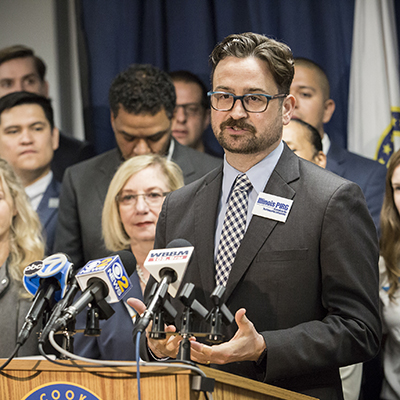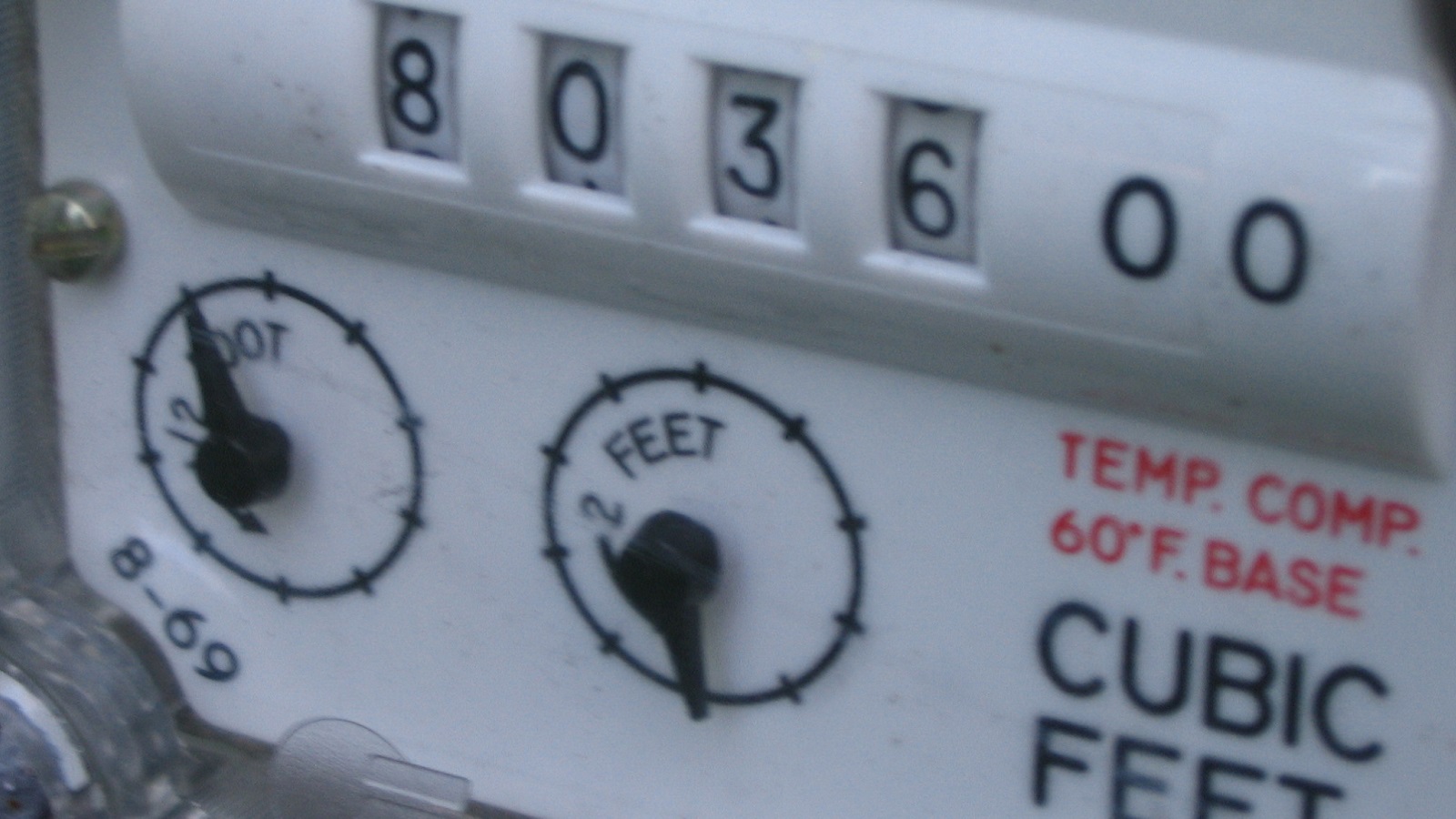
Restoring accountability to Peoples Gas
For years, we’ve highlighted the absurdity of Chicago gas utility Peoples Gas making record profits driven by its failing pipe replacement program. Recent action by regulators shows the opportunity for accountability.

For years, we’ve highlighted the absurdity of Chicago gas utility Peoples Gas making record profits driven by its failing pipe replacement program.
To be clear, we don’t object to public utilities making a profit. That’s largely how essential utility services are delivered in the United States: public utilities provide a public good in exchange for the opportunity to make a private profit. But our laws and regulations should ensure that the opportunity to profit is aligned with how well the utility produces the public good. Good performance should be a prerequisite for achieving modest profits. Certainly poor performance should not lead to runaway profits.
But that’s what’s been happening in Chicago. The Peoples Gas pipe replacement program is chronically over-budget and behind-schedule, is failing to effectively mitigate the safety risks it is supposed to, is increasingly misaligned with city, state, and federal climate goals, and is creating a deepening affordability crisis – all while leading to six consecutive years of record profits. Something is wrong.
Last week, Peoples Gas reported a net income of $129 million for the first six months of 2023, its lowest mid-year profit level since 2020 and a $38 million decrease from 2022. Peoples Gas will likely not break its profit record for a seventh consecutive year.
What happened? In May, the Illinois Commerce Commission, the Illinois utility regulator, ordered that Peoples Gas refund over $15 million to customers.
The order came after the Commission ruled that Peoples Gas acted irresponsibly by halting collection and disconnection activity when installing a new billing system in 2017. This led to an excessive increase in bad-debt costs, subsequently passed onto all other customers through an “uncollectibles” surcharge. In a filing with the Securities and Exchange Commission, Peoples Gas parent company WEC noted this order as one of the primary reasons its year-over-year profits through the first half of the year declined.
Ultimately, the Commission needs to take action to reform the Peoples Gas pipe replacement program, but this is a good example of the importance of regulators watchdogging utility performance and ensuring customers are not overcharged.
Later this year, the Commission will rule on Peoples Gas’ proposed record $402 million rate hike. We’ve called on the Commission to use this opportunity to finally restore accountability to the pipe replacement program – and hopefully realign the incentives of the company to provide higher quality, higher value service to Chicagoans.
Topics
Updates
What’s at stake in the Peoples Gas rate case rehearing

Energy Conservation & Efficiency
Groups to Congress: oppose attacks on energy efficiency

Energy Conservation & Efficiency
Department of Energy finalizes water heater efficiency standards

Energy Conservation & Efficiency
Clean lighting bill clears Illinois House
